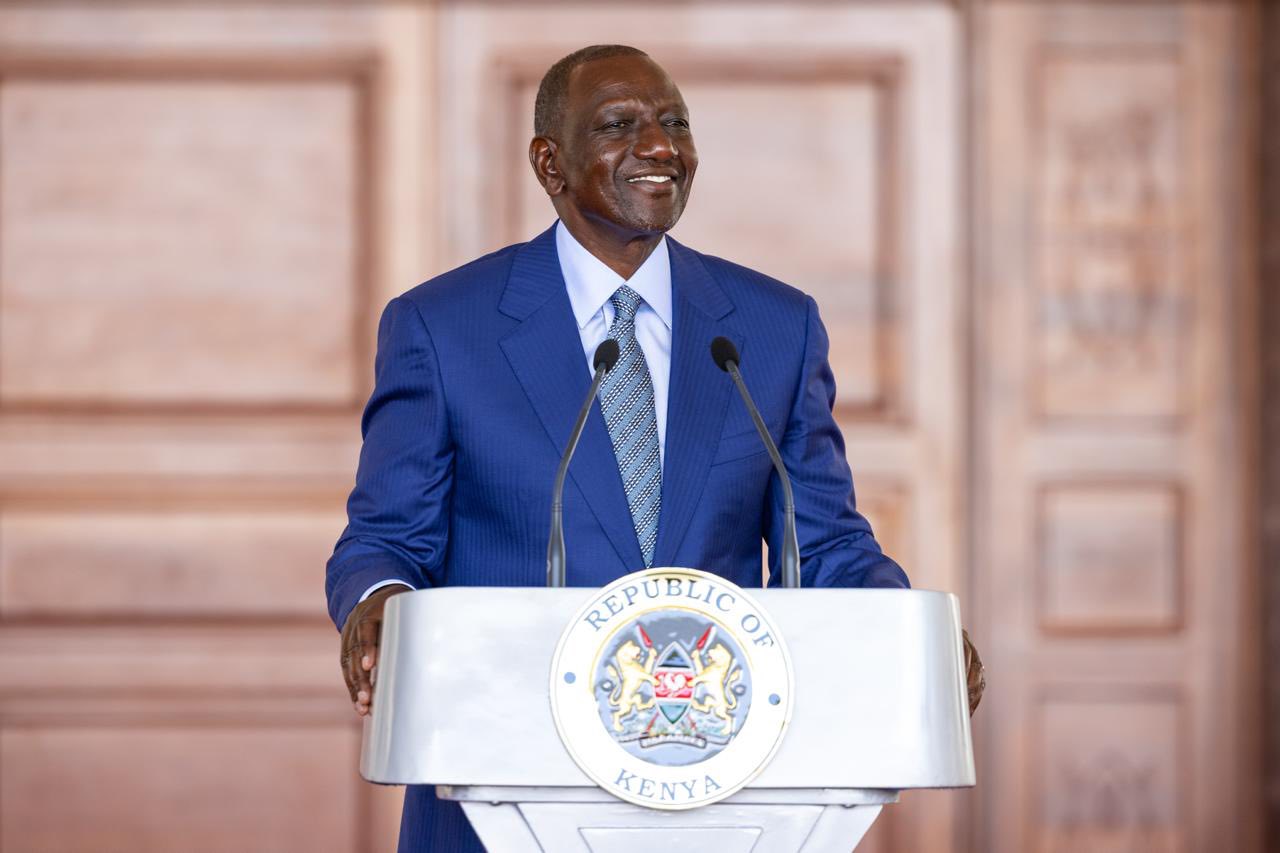The Kenya Association of Manufacturers (KAM) CEO, Anthony Mwangi, has warned over possible collapse of the nation’s manufacturing sectors in the event that the proposed Finance Bill, 2024 is passed.
In an interview with Citizen TV on Tuesday evening, Mwangi stated that the industry would be badly crippled by the bill’s hefty charges on production services and raw materials.
Mwangi projected that up to 3,000 Kenyans employed in different factories would lose their jobs as a result of the proposed tax changes.
“All the 3,000 people who are working for those factories, their lives are at risk or their jobs at risk. And this cuts across many products. That’s what I’m saying, policymakers before you make these proposals, please discuss them with the industry. Come and visit the factories.”
The CEO emphasized that the manufacturing sector, which generates the bulk of jobs and a sizeable amount of income in Kenya, is an essential economic pillar.
He criticized the government for its decision to tax financial services and necessary supplies that power production, claiming this would deter investment.
Mwangi emphasized the need to broaden the tax base through increasing production as an alternative to punitive taxation, saying, “The proposal in the Act is to tax and not to encourage production.”
He further raised fears that the Finance Bill 2024 would reduce Kenyan goods’ competitiveness in East Africa and abroad, citing the negative consequences of the bill on paper exports in 2023.
He pointed out that if production prices rose, imports would become more appealing, hurting domestic producers.
“In Finance Act 2023, we were exporters of paper and packaging materials from Kenya; but by just adding a 10 percent export investment and promotion levy, we are now importers.
“If we’re not careful, we will be the biggest supermarket in Eastern Central Africa because we’re a big market but will not be able to compete. Our power is extensive in comparison with our neighbors. Our taxes are expensive, and we have sat with the government and said, if you have a product, you’re moving from Mombasa to Malaba, you have to pay when you cross the boundaries of every county. And this is an irony,” Mwangi argued.
Proposed motor vehicle circulation tax and higher excise taxes on a range of products and services are among the new levies proposed in the 2024 Finance Bil.
In order to avoid policies that could completely destroy the manufacturing sector, Mwangi advised the government to carry out a comprehensive impact study of the 2023 Finance Act before moving on with the 2024 bill.












